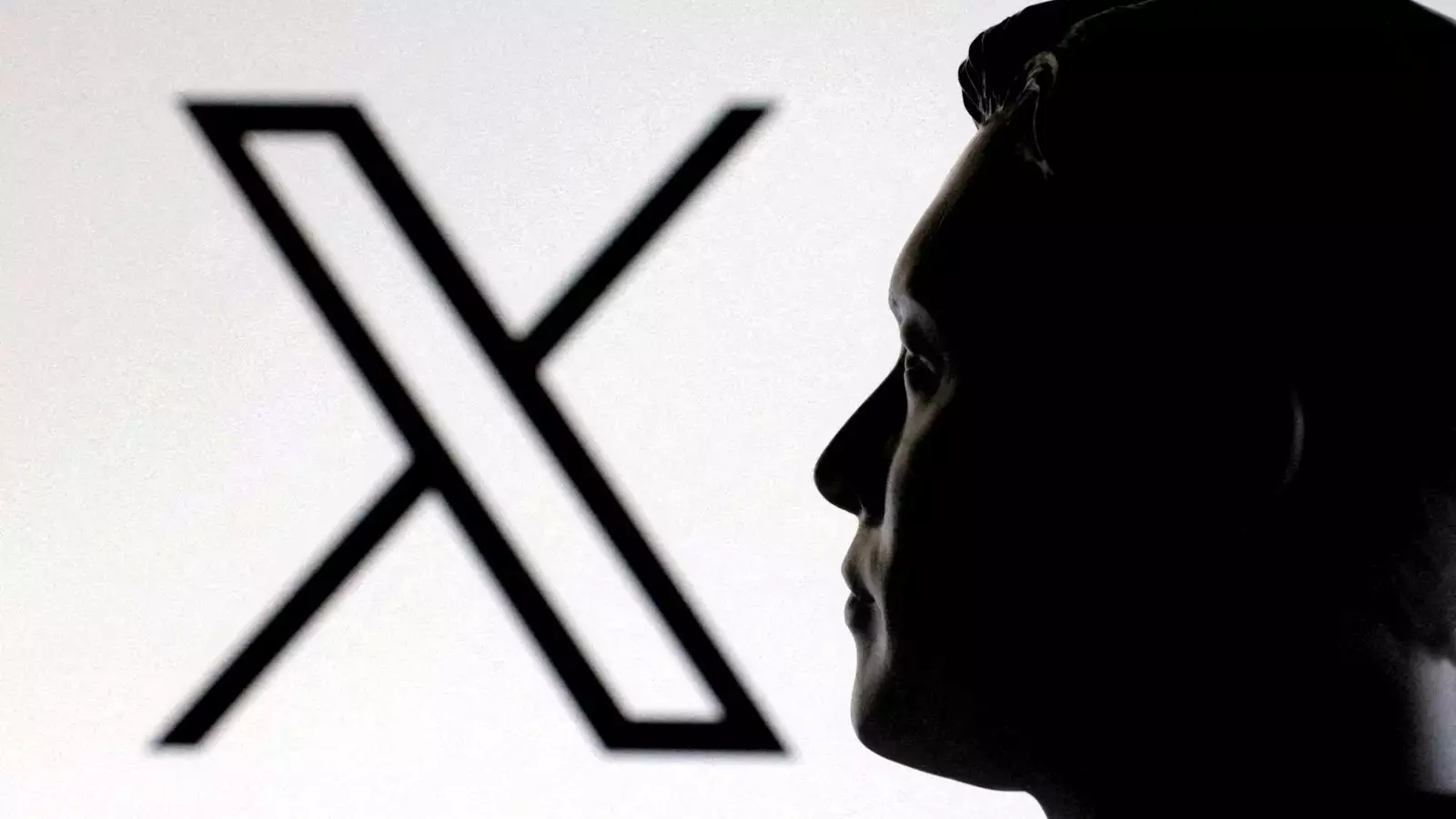In an era where social media platforms are the new public squares, the stakes have never been higher for safeguarding vulnerable populations, especially children. Yet, the recent outcry against Elon Musk’s management of X exposes a disturbing reality: the neglect of child protection in pursuit of profit and personal ego. Musk’s stewardship has appeared increasingly reckless, turning what should be a safe space into a breeding ground for harmful content. When prominent political leaders openly accuse him of criminal negligence—calling for his prosecution—the gravity of the situation demands serious reflection. It’s not just about safeguarding morality; it’s about defending the fundamental rights and safety of our youngest and most vulnerable citizens.
The spectacle of Musk’s alleged complicity in allowing dangerous, destructive content to proliferate is alarming. A billionaire with the power to enforce strict safety measures, he has instead appeared indifferent—further highlighting that profit often trumps child safety in the corporate hierarchy. The disbanding of child safety teams post-acquisition signifies a dangerous capitulation to financial interests, exposing the platform to exploitation, grooming, and even the dissemination of abuse material. This reckless abandonment of responsibility is not merely a business decision but a moral failure that warrants serious legal and societal repercussions.
Government and Society: Failing to Act as Children Suffer
Despite clear regulatory frameworks such as the UK’s Online Safety Act, the response from authorities has been sluggish. Critics argue that regulatory bodies like Ofcom are only now starting to recognize the scope of the problem, raising questions about whether existing laws are enough or merely window dressing. When tech giants brush off their egregious neglect with vague promises of zero tolerance, it becomes evident that enforcement mechanisms are often ineffective without sustained political will.
Furthermore, the political discourse surrounding Musk’s conduct reveals a troubling tendency to dismiss the severity of online harm. Politicians like Sir Ed Davey framing Musk as a criminal may seem provocative, but such accusations expose real concerns about the corporate negligence bordering on criminality. The call for direct accountability—whether through prosecution or aggressive regulation—reflects an understanding that digital platforms no longer operate in a vacuum. They have moral and legal responsibilities that, if ignored, threaten societal cohesion and safety.
Unfortunately, political inertia and corporate influence impede swift action. The fact that Mrs. Elon Musk’s removal of child safety teams coincided with a spike in harmful content underscores the peril of prioritizing shareholder value over societal well-being. This neglect turns digital spaces into unregulated zones where predators can operate with impunity, fueling a public morale crisis about the safety of children online.
The Power of Public Outcry and the Role of Accountability
The ongoing debate about Musk’s responsibilities isn’t merely rhetorical; it has tangible legal and societal implications. Calls for his arrest under the Online Safety Act represent a pivotal shift—recognizing that those who run these platforms must be held to account for the content they host. While Musk dismisses critics as morally bankrupt or motivated by envy, it’s clear that the core issue transcends individual personalities. It symbolizes a systemic failure that commodifies child exploitation for corporate gains.
The political response is equally critical. By tabling motions to summon Musk to testify or face reprimand in parliament, liberal voices aim to reinforce that online safety is a non-negotiable moral obligation. Public pressure can serve as a catalyst—fostering a culture where tech companies are compelled to implement meaningful safeguards. Dismissing these urgencies as mere overreach dismisses the vital importance of proactive regulation in a digital age where harmful content can spread with alarming rapidity.
Moreover, the narrative further reveals a disturbing tendency among powerful individuals to dismiss concerns about safety as “political” or “personal attacks.” This dismissiveness only underlines the necessity for civil society to remain vigilant, demanding transparency and responsibility from those wielding vast influence.
The Future of Digital Accountability and Our Collective Responsibility
In the long term, the unchecked rise of billionaire-led tech platforms poses a profound threat to societal morals and child welfare. If we continue to allow corporate egos, exemplified by Musk’s behavior, to override stringent safety protocols, we risk creating an unregulated digital wild west. The current situation demands more than just regulatory slap-on-the-wrist measures; it calls for a fundamental re-evaluation of how accountability is enforced in the digital realm.
Perhaps most troubling is the larger societal implication: a growing desensitization to the presence of harm online. When a platform withhold safety measures or dismiss the threat as exaggerated, it fosters an environment where exploitation becomes normalized—a reality that must be actively resisted. The weight of responsibility doesn’t solely lie on governments or regulators but on all of us to demand integrity, transparency, and action from those who shape our digital landscape.
With each passing scandal, the question remains: how long can society afford to turn a blind eye before the damage becomes irreversible? The need to prioritize child safety over profit and ego has never been clearer. Our collective future depends critically on whether we choose to confront this crisis head-on, holding the powerful accountable before more lives are irreparably harmed.


Leave a Reply